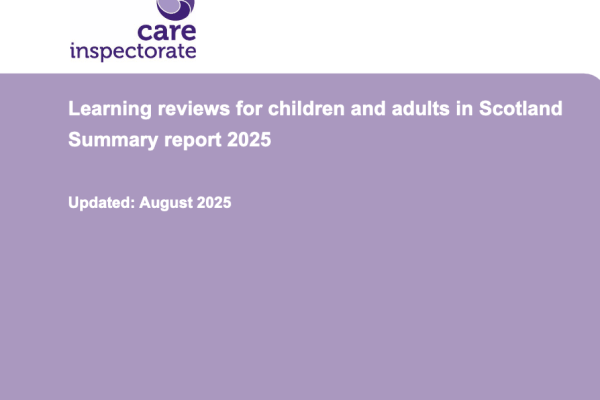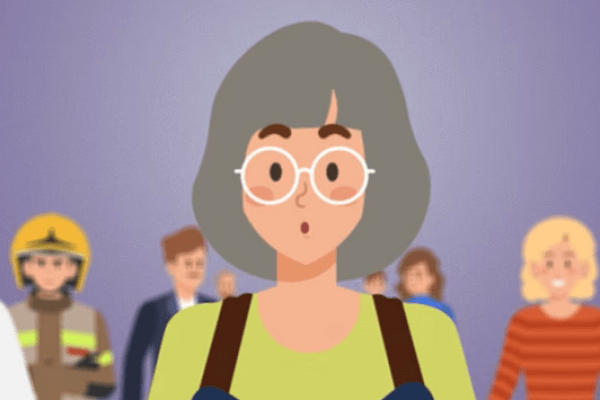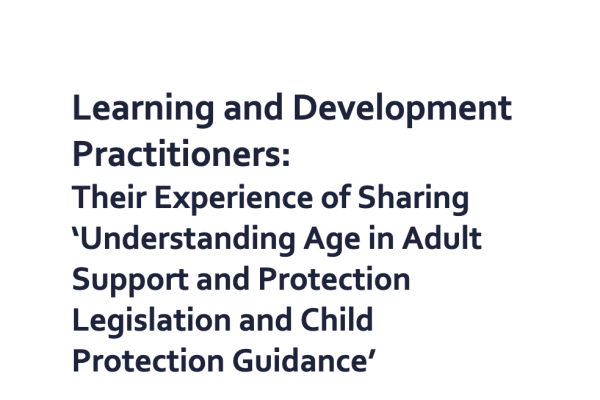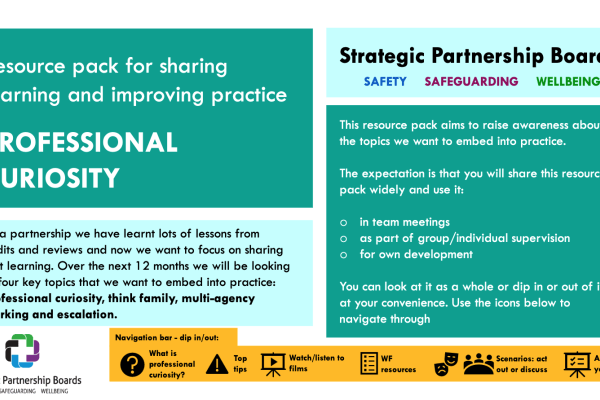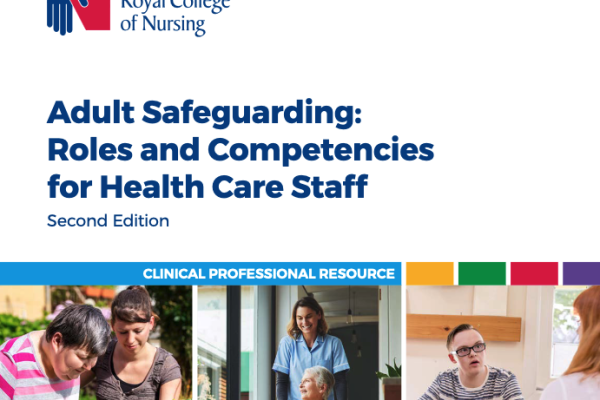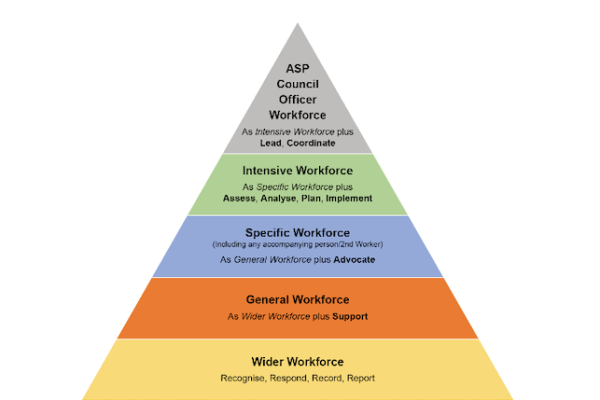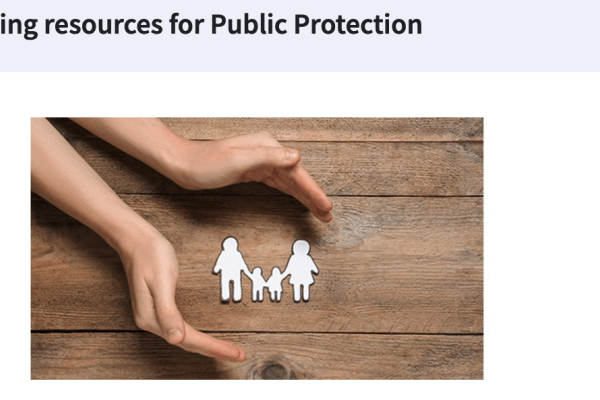Learning reviews for children and adults in Scotland: Summary report (Care Inspectorate)
This report is a joint national overview of learning review activity. Data in this report is drawn from learning review notifications from 19 adult protection committees (APCs) and 15 child protection committees (CPCs).
During the reporting periods, fifteen learning review reports were submitted to the Care Inspectorate for children and young people and thirteen for adults.
